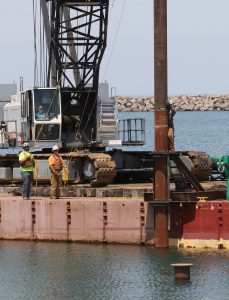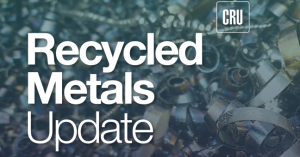Davey: ArcelorMittal to continue to invest, expand in North America
ArcelorMittal plans to continue to invest and expand its operations in North America, a senior company executive said in an exclusive interview with SMU. “People were talking about our demise in North America or maybe our exit. And I want to emphasize that nothing could be further from the truth,” said Brad Davey, executive vice president and head of corporate development at the company.





